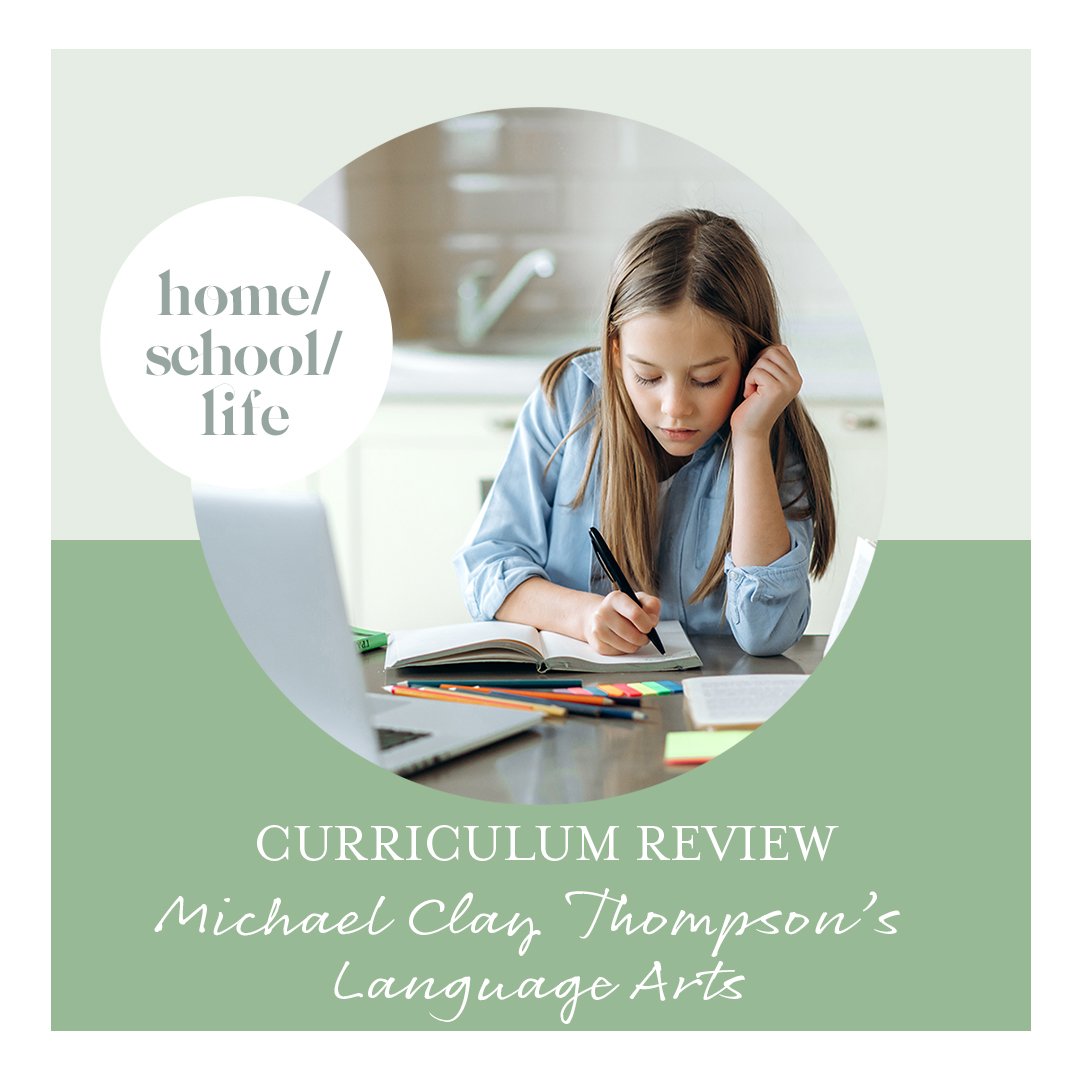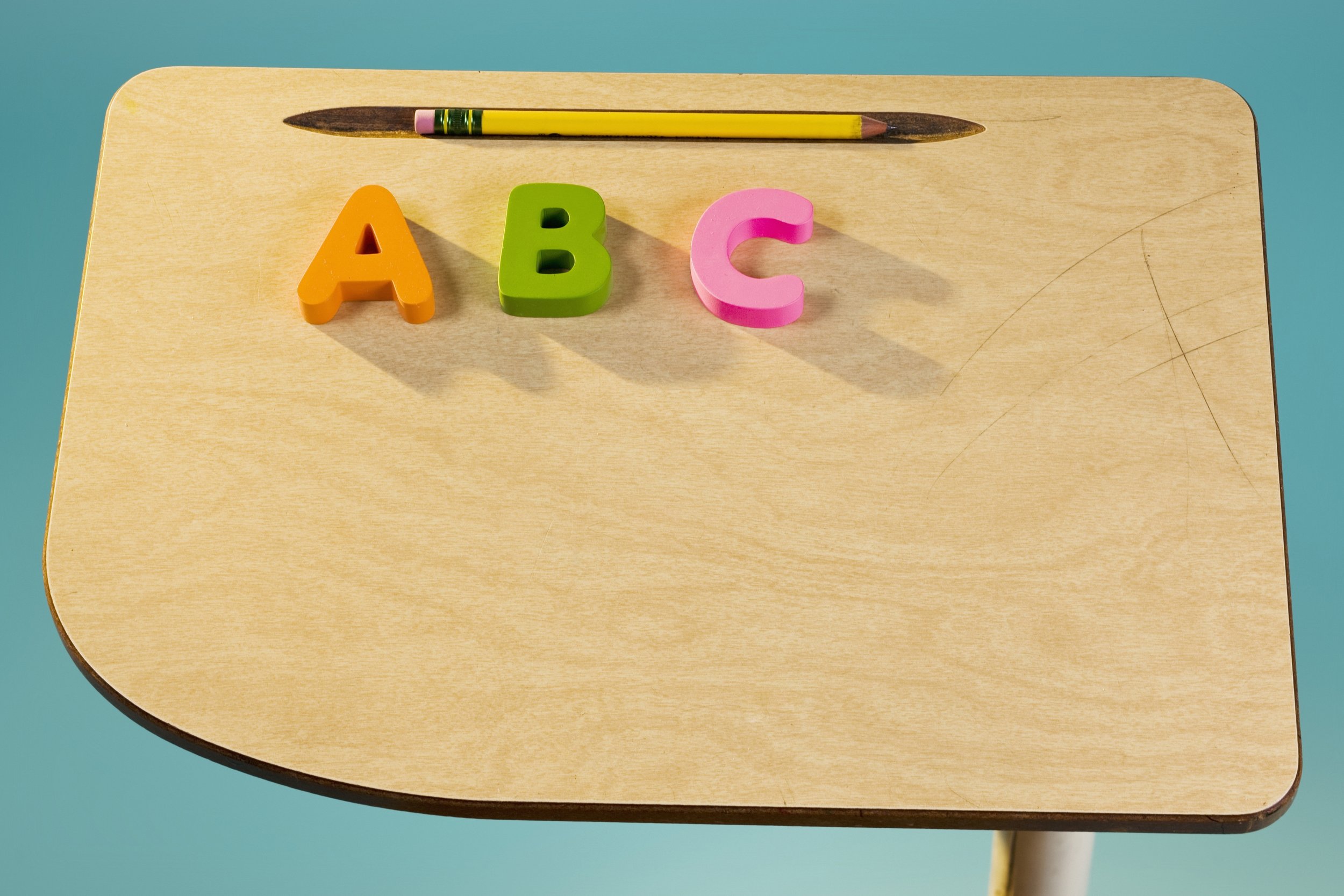We the People: A Community Model for Exploring the U.S. Constitution
“A Community Conversation to Understand the U.S. Constitution” was a profound and powerful experience for Carrie’s homeschool.
One of the more rewarding learning experiences I’ve had with my 14-year-old son this year has been participating in We the People MN, a series of community teach-ins about the Constitution held at Solomon’s Porch, a Minneapolis gathering space housed in a former church. Run completely by volunteers, We the People MN bills itself as “A Community Conversation to Understand the U.S. Constitution.” I wanted to share a little about our family’s experience with the series in the hope of inspiring other programs like it across the country.
The idea for the series came from Cara Letofsky, a South Minneapolis resident who posted on her neighborhood Facebook group that the 2016 election made her want to learn more about the Constitution. About 60 people responded that they shared that desire to come together as a community to educate themselves politically. A small group of about ten volunteers followed up to plan the series, deciding what amendments they especially wanted to learn about and collaborating to identify community experts who might be willing to tackle leading a discussion of particular amendments. Working their community connections, they lined up a group of highly qualified presenters willing to volunteer their time, including a law professor from a local university, a Minneapolis city council member, attorneys, law students, and organizers from groups that are deeply involved in such contentious Constitutional issues as gun control laws, the right to vote, and reproductive rights.
The organizing committee decided on a format of 10 two-hour presentations, spaced out every two weeks from mid-January 2017 to late April 2017. The first program was a kick-off potluck (because everything always goes better with good food) and a public reading of the entire Constitution, with participants taking turns reading sections aloud at the mic. The organizers also distributed free pocket copies of the Constitution, donated by one of the organizers, Constitutional law professor Matt Filner. Finding free or cheap pocket Constitutions isn’t difficult, luckily. The National Center for Constitutional Studies, for instance, offers a bulk purchase of 100 pocket Constitutions for $40 on their website.
Cara Letofksy, the woman who’d sparked the idea, expected perhaps 20 people to show up to the first presentation. To her surprise, over 80 people attended that first event, and attendance has usually averaged between 100 to 150 participants at subsequent events.
In their initial planning discussions, the organizers knew they couldn’t cover the entire Constitution, so they decided to focus on Constitutional rights that might be most directly challenged under a Trump administration. Other communities might want to choose a different focus, such as looking at ways the Constitution directly impacts local issues and controversies.
The We the People MN series has covered such issues as the branches of government and separation of powers, as well as the First Amendment’s guarantees of freedom of expression and assembly and the Second Amendment’s guarantee of the right to bear arms (as well as the limitations implied by the wording of the amendment). One program was devoted to the right to privacy (and the limits on our privacy). Another event focused on the Fifth, Sixth, and Thirteenth Amendments and their relevance to criminal justice today. The series’ last presentation on the amendments will look at the right to vote guaranteed by the Fifteenth, Nineteenth, and Twenty-Fourth Amendments—and how that right to vote is being steadily eroded today. The series’ last gathering, planned for the 100th day of the Trump administration, will feature a community potluck and “next steps” discussion.
Each event has included a “TED”-style talk by an expert to set the stage for further discussion, followed by time for participants to talk in small groups and share their thoughts and bring up questions for the expert presenter. Almost every presentation has also included brief talks by local activists working in some way on problems raised by ongoing Constitutional debates. Often, these activists have given participants in the programs concrete ideas about how to get involved. For instance, at the event devoted to Second Amendment issues, a presenter from the group Protect Minnesota passed out factsheets about upcoming gun legislation and tips for creating effective talking points. The group highlighted that the most effective advocates usually find a way articulate their personal connections to proposed legislation.
Each presenter also typically sends out readings ahead of time through the We the People MN Facebook page for participants who want to take a deeper dive into topics, though the readings aren’t required to understand the presentations. The readings have ranged from excerpts from the Federalist Papers to summaries of key Supreme Court cases to up-to-the-minute news articles about contemporary Constitutional controversies.
For my son and me, attending these events has been a bonding, highly relevant way to study civics together. Throughout our week, we often find ourselves still talking about what we learned at the most recent We the People presentation. The series has given us new tools for understanding how the Constitution relates to our everyday lives and the lives of those around us.
I’ve also found the series personally helpful as I’ve stepped up my own game as a citizen this year. I’m calling my legislators and attending more public hearings, meetings, and protests than ever (and when I can, hauling my son along with me). Studying the Constitution in this way has given my son and me a clearer sense of what people fighting for change are up against and how we as citizens can make the best use of our time and people power.
Above all, I love that my son has seen people of all ages and backgrounds getting together every other Sunday afternoon to educate ourselves about our Constitution. To me, that’s been such a powerful example of lifelong learning and civic engagement, one I hope will stick with him the rest of his life. I think another crucial piece of the whole experience has been learning from people who are actively involved in the conversation about how to define our Constitutional rights and who are fighting to preserve those rights.
The volunteers who set up We the People MN are hoping to export the model elsewhere. They have plans to create a curriculum to help other people set up their own series, ones that will be relevant to their local communities. If you’d like to learn more, see videos of the presentations, and keep apprised of curriculum developments, you can visit the group’s public Facebook page.

















THINKbooks are interactive learning guides for curious students. They are designed as self-paced, high school units.
This THINKbook focuses on Emily Dickinson, who I think is one of the first U.S. writers to channel a unique poetic voice. Her work is weird, and that's what makes it so fun to study. This THINKbook works as a unit study, or you could use it as part of your U.S. literature or poetry curriculum.
This unit starts with a cold read of one of Dickinson's best-known poems, then backtracks to build an understanding of Dickinson's life and work. Next, we'll work through one of Dickinson's poems together, analyzing line by line to practice analyzing the elements of poetry. Then you'll put those skills to work analyzing a poem of your choosing. Activities include a lyric battle between Dickinson and 1970s rock music — it's harder than you think! — and a poetry puzzle that encourages you to think about how language and theme intersect. Your final project asks you to use your understanding of Dickinson's work to create a Dickinson-inspired playlist.
Unit includes:
3 in-depth lessons with activities, research, and questions for consideration
1 introductory activity
1 hands-on poetry activity
1 final project
PLUS: detailed guides for critical reading, reading poetry, and annotating
Because this unit is self-paced, you can work through it at whatever speed makes sense for you. If you spend one week on each lesson/activity, it will take you about 6 weeks to complete. But these lessons are pretty jam-packed, so don't feel obligated to hurry through them.
Placement recommendation: This is a high school level unit, designed for students who are already familiar with the basic elements of literature (plot, character, theme, setting, etc.) and who are comfortable applying those skills to texts. Like most high school level curricula, it includes works that could be rated M for Mature. If mature content is a concern for you with your student, I encourage you to preview texts to asses your personal comfort level. (I read these texts with my own high school student and teach them in high school classes, but comfort levels can be very personal things.) This is a completely secular program.
For secular homeschoolers who want a fun, decolonized, rigorous way to homeschool high school and middle school, home/school/life’s Deep Thought is the progressive high school curriculum that does the academic heavy lifting so that you can enjoy the fun stuff. Unlike other high school curriculum, home/school/life’s Deep Thought curriculum teaches students how to learn, not just what to learn and makes big academics surprisingly fun for the whole family.
All curriculum materials are digital and downloadable. Because of this, all sales are final. If you have questions, please ask before you buy.